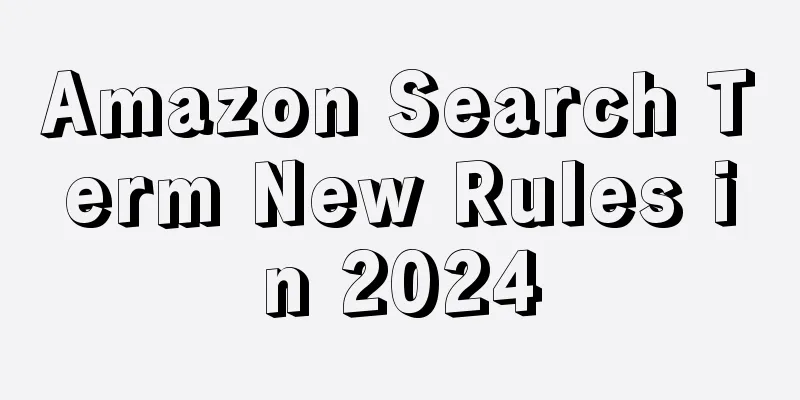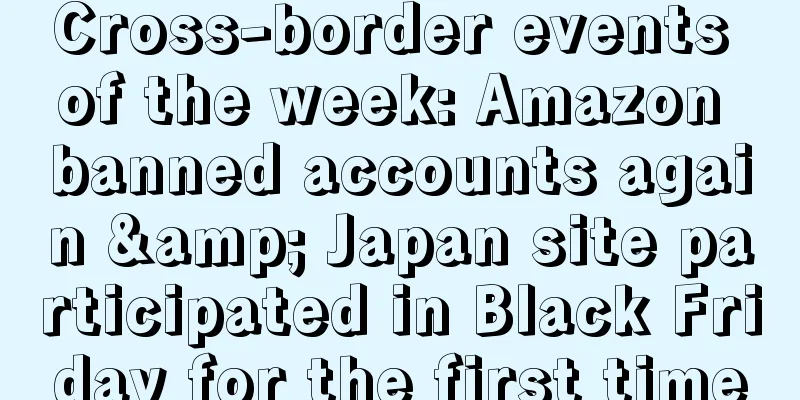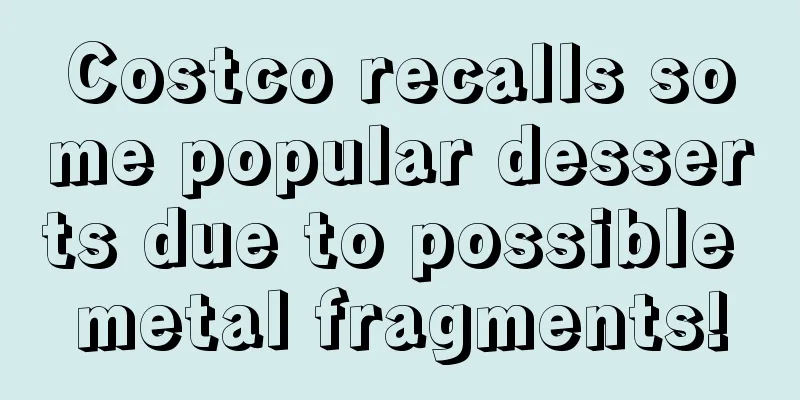Amazon Search Term New Rules in 2024

|
Search Terms are the only keywords that are not publicly displayed by Amazon on the front end, but affect the search weight of the Listing. They are an important supplement to the five bullet points, title, and description of the Listing. Therefore, although Search Terms are not a required item, every seller should not give up filling it out. Today, let’s talk about Search Term in detail. Search Term Actual FunctionMany people think that Search Term only needs to fill in product-related words. That’s because they don’t understand the principles of Amazon’s search engine. In fact, the actual function of Search Term is to trigger searches and trigger cross-product associations, both of which are indispensable. 1. Trigger a search Amazon's listing search is related to the title, five-line features, and Search Term, and has nothing to do with the product description. Therefore, we must make our listing appear on the list page when searching for a certain word. 2. Trigger product association The so-called triggering product association means that if you sell kitchen knives, you can write in words such as cutting boards, kitchen knife holders, and pot lids. Because when Amazon's AI system understands your product introduction, it has both search traffic and recommended traffic. When our Search Term contains these words, it can trigger Amazon's recommended traffic faster. Especially when your product is not so popular and understandable, Amazon's AI needs you to give it some hints. Sellers who need to join Zhaodanmao sellers or provide off-site services, please contact customer service V: FLA66668888 For example, we sell streamers and national flags for festivals. In addition to writing streamers, you can write birthday gifts. This product is certainly not a birthday gift, but people who buy birthday gifts generally need it to decorate their rooms. Of course, Amazon’s own AI will recognize the ribbon product in a few days, but if you are selling something that is not popular, you will need to write it in yourself. Otherwise, Amazon will not have enough data to help you make recommendations, and our recommendation traffic entrance will be much smaller. Search Term Filling Rules ① Character requirements In Amazon's latest rules, the maximum character count for Search Term keywords is: 250 characters for North American and European sites, 200 characters for Indian sites, and 500 characters for Japanese sites. If it exceeds this range, the system will prompt an error and cannot be saved and included. When writing Search Terms in the early stage, count the number of characters (including spaces) through Word document review-word count. If the number of words exceeds the limit, select keywords in advance. ② Keyword relevance Search terms should contain keywords or phrases related to the product. If the keywords are not relevant to the product, it may cause users to click in and then leave, thus affecting the product's search ranking. ③ Avoid using brand names Unless you are an authorized seller of the brand, do not use the brand name in the Search Term. When searching for keywords, be careful not to abuse or misuse other brand names. Once the system determines that the infringement is committed or the rights holder reports the infringement, the product will be deleted at best, and in serious cases, the account will be removed from the sales privileges. ④ No need to include Asin Just fill in the important and accurate keywords of the product. ⑤ Search terms skills Make good use of the hyphen "-". When the hyphen "-" is used, any combination of words on the left and right sides of the hyphen will be included in Amazon. For example, "waist-pack" can include "waist", "pack", "waistpack", and "waist pack" at the same time. There is no need to fill in repeated words, such as "sport bottle" and "portable bottle". The repetition of bottle is unnecessary. There is no need to fill in the singular or plural form repeatedly. Amazon will automatically identify search results that contain the singular and plural forms. Therefore, when filling in keywords, you do not need to worry about whether you must fill in the singular or plural form. There is no difference between uppercase and lowercase letters, so there is no need to repeat the words in both uppercase and lowercase letters. Do not include any conjunctions. Filler words (such as uh, er, so, but, etc.) and stop words (such as a, the, in, at, of, etc.) are not allowed, as they will be automatically omitted by Amazon. Avoid spelling errors. Please make sure that the keywords you enter are spelled correctly. Spelling errors may result in the product not being searched, thus affecting sales. Do not use subjective expressions, such as "best", "cheapest", "amazing", etc. These adjectives are subjective and exaggerated, so they do not need to be included in the search terms. Do not use temporary statements, such as "new", "on sale now", etc. Amazon will automatically display whether the product is on sale on the front page, so there is no need to fill it in the Search Term. Do not use insulting or offensive words. Insulting or offensive words are offensive words, including any words that promote illegal activities or glorify hatred, violence, racism, sexism, or religious intolerance. Note: Violation of these rules may result in ASIN suppression and may put your selling account status at risk. Search TermOptimize search keywordsDetailed product names: Use very detailed product names, making sure each individual word is searchable, for example, avoiding quotation marks to broaden the search. Relevance is crucial: Use keywords that are closely related to your product and avoid adding irrelevant keywords to stay at the top of search results. Avoid misspellings or synonyms: Ensure the accuracy of your search keywords and avoid using incorrect spellings or synonyms. Consider the order of English expressions: Arrange keywords according to buyers’ search habits to increase the chances of your products being found. Avoid using abbreviations that buyers don’t understand: Unless it is a well-known abbreviation, try to avoid using it to avoid confusion among customers. Continuous optimization: If sales performance does not meet expectations, continue to try to change product titles and search keywords to improve the relevance of search results. In summary, optimizing search keywords is a process that requires constant exploration and adjustment. Sellers should continue to accumulate experience and gradually master the skills of filling in effective search terms. When filling in keywords, quality is more important than quantity. |
>>: Crashed! How many of these 10 Amazon crash moments have you experienced?
Recommend
Amazon hits copyright hooligans hard? The official did a great thing!
Yesterday, Amazon announced that it had recently t...
Want to win over the millennials, the main force of online shopping in the United States? You need to know these new trends!
<span data-docs-delta="[[20,"获悉,根据实时优惠券代码搜...
What is Socialadscout? Socialadscout Review
Socialadscout is a social advertising monitoring t...
How to find an off-site promotion website that suits you
text How to find such promotional websites through...
Mother's Day Sale is Coming! Here are the hottest gift-giving trends and a guide to prepare for it
It is learned that on April 11, Microsoft Advertis...
The US and Europe are on strike again! Delivery at these stations will be affected...
The big promotion just ended. News of strikes in v...
5 Ways to Lower Your Amazon ACoS (Advertising Cost of Sales)
Promoting on Amazon is actually similar to tradit...
The amount involved exceeds two million, and several sellers have been deceived, exposing another cross-border scam!
As the scale of the cross-border e-commerce market...
What is the situation of listing merger and splitting in Amazon?
In Amazon's operations, we always encounter v...
What is Ecomz? Ecomz Review
Ecomz is a well-known e-commerce platform and inde...
35 million orders in three years? The company has stopped selling and is now going public
Since 2022, cross-border large-scale sellers have ...
What is DHgate? DHgate Review
Dunhuang.com Foreign Trade Platform is the world&#...
What is Freightos? Freightos Review
Freightos is a freight forwarding company that use...
What is Qi? Qi Review
Qi is a "wireless charging" standard lau...









